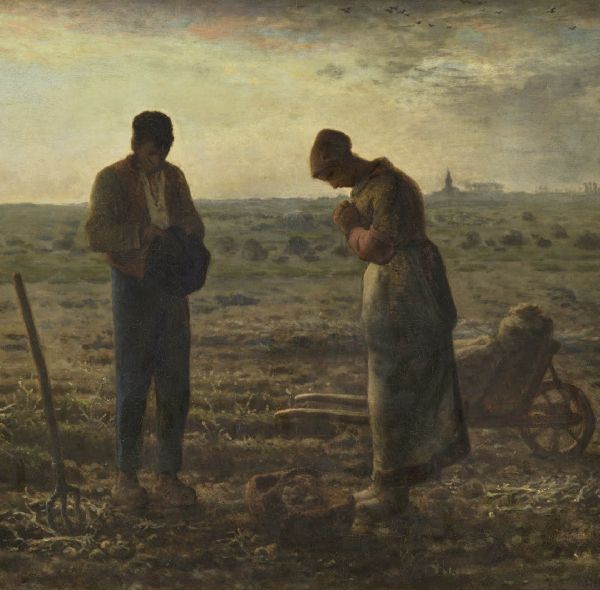The Poor Man of Assisi valued marriage in Christian life as a place of witness to God's fundamental love for man and woman, knowing how to accept and wait for God's timing in every situation.
The Sources recount that a noblewoman once came to him to ask the Saint for a remedy for her very bad husband, who opposed her in her service to Christ.
"After listening to her, he said: 'Go in peace and be assured that you will soon receive from your husband the consolation you desire.
He added: 'Tell him from God and from me that now is the time for mercy, then for justice'.
Having received his blessing, the woman returned, found her husband and repeated his words to him.
The Holy Spirit descended upon him and transformed him into a new man, prompting him to respond with complete meekness: 'My lady, let us serve the Lord and save our souls'.
At the urging of his holy wife, they lived a celibate life for several years, until both returned to the Lord on the same day" (FF 1193 - Leggenda maggiore).
But for those who, like Francis and Clare of Assisi, follow their call to become disciples in poverty in the footsteps of Christ [eunuchs for the Kingdom of God], life unfolds differently.
We read about St. Clare:
"When she began to feel the first stirrings of holy love, she considered the perishable and false flower of worldliness to be worthless, instructed by the anointing of the Holy Spirit to attribute little value to things that have little value.
And in fact, under her precious and soft garments she secretly wore a small hair shirt, appearing adorned for the world on the outside, but clothed inwardly with Christ.
Finally, when her parents wanted to marry her off nobly, she did not consent in any way, but, pretending to want to postpone her earthly marriage until later, she entrusted her virginity to the Lord" (FF 3160).
Friday, 10th wk. in Ordinary Time (Mt 5:27-32)












